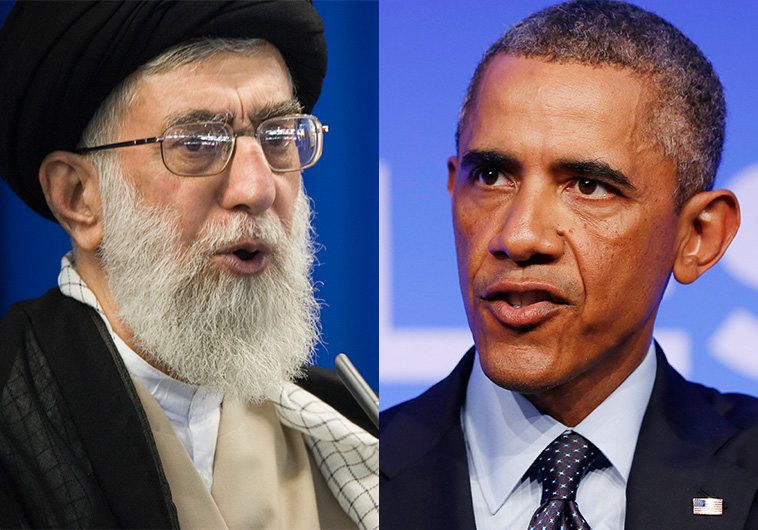US uncertainties trigger power game in Syria
Khairallah Khairallah/The Arab Weekly/August 21/16
There is a division of influence in Syria that could lead to outright territorial fragmentation.
What is happening in Syria and the region today? The situation in the Middle East is so complex, involving so many countries that are at cross purposes, that it is difficult to predict anything. The only thing that can be said with any certainty is that everyone is seeking to fill the vacuum caused by Washington’s disengagement from the region. This is a state of affairs that could lead to destructive division and fragmentation, particularly in Syria.
This division could take place at any time. Each side in the Syrian conflict is seeking to safeguard areas under its control, awaiting a new US administration that will decide whether to take a more proactive role in Syria. Will Democratic nominee Hillary Clinton follow US President Barack Obama’s foreign policy towards the region or seek a new tack? What about Republican rival Donald Trump? Can anybody even guess what his policy towards the region would be?
Given this looming deadline, there is a state of regional adjustment. Following signs of rapprochement between Turkey and Russia, Iran has sought to readjust its position and also move closer to Turkey. Iranian Foreign Minister Mohammad Javad Zarif visited Ankara and praised the Turkish government, highlighted Turkish- Iranian ties and congratulated Turkish President Recep Tayyip Erdogan on overcoming a recent failed military coup.
Zarif’s visit to Ankara took place after a historic meeting between Erdogan and Russian President Vladimir Putin. Those two leaders sought to draw a final line under the Turkish shooting down of a Russian jet — which Erdogan apologised for in June — and confirmed Moscow would “step-by-step” lift sanctions from Ankara. “The axis of friendship between Moscow and Ankara will be restored,” Erdogan said during a news conference with Putin.
As for the wider repercussions of this restoration, that remains to be seen, particularly on the Syrian crisis where Moscow and Ankara are on opposing sides. The question of Syrian President Bashar Assad’s ultimate fate remains. Iran and Russia are well aware that the Assad regime has lost all legitimacy. It is not a question of if Assad will go, but when. This is something that was confirmed by the latest developments in the battle for Aleppo. Moscow is waiting for the most opportune time to release its hand from the beleaguered Syrian president. It will only do so when the price is right.
Both Putin and Erdogan are under pressure domestically. Erdogan survived a failed military coup but is continuing to wrestle with his former allies in the Gulen Movement, which Erdogan claims was behind the July 15th failed coup attempt.
As for Putin, Russia’s economy is flagging and this was not helped by the diplomatic crisis with Turkey, a vital foreign market. Both countries, and leaders, are in need of each other, it seems. As for any future Iranian-Turkish rapprochement, there is ample reason to explain this.
In particular there is the question of the Kurds. The rise of the Islamic State (ISIS) has proven to be an opportunity for the region’s Kurds, who have shown themselves to be an invaluable Western ally. Both Iran and Turkey are concerned about their countries’ Kurdish communities and the potential establishment of an independent Kurdish state. In Syria and the wider region, each country is seeking to serve its own interests.
Previously, Iran and Russia had somewhat disregarded Turkey’s involvement in Syria but the recent rebels’ advance — which can be traced to arms and equipment from across the nearby Turkish border — shows that this is misplaced. Aleppo is an issue of life or death for Erdogan’s Turkey. “Turkey’s security belt starts from Mosul to Aleppo and north to Sulaimaniya,” former prime minister Ahmet Davutoglu famously said.
Still, Assad will remain, so long as Russia and Iran protect him and Russia and Iran will continue to protect him, so long as this serves their overall interests. All sides are therefore waiting for the new US administration, or any other factor, that could tip the balance one way or the other.
There is a division of influence in Syria that could lead to outright territorial division and fragmentation. This might happen but it could also be averted. Syria’s future is in the balance.
*Khairallah Khairallah is a Lebanese writer. The commentary was translated and adapted from the Arabic. It was initially published in middle-east-online.com.






















